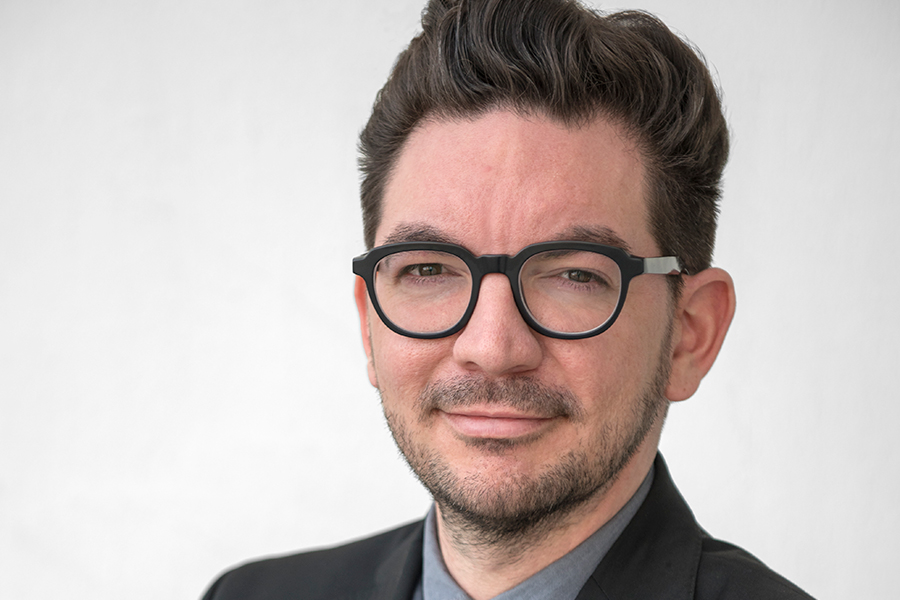The former editor-in-chief of The Advocate was named the newest executive director of an urban-affairs journalism organization that looks to impact social, economic and environmental change one city at a time.
Lucas Grindley will head Next City, founded in 2003, to investigate how and why cities influence change. Non-profit organizations such as the Ford Foundation, the William Penn Foundation and the MacArthur Foundation fund Next City along with close to 800 paying members.
Grindley relocated from Los Angeles to Philadelphia — along with his husband and twin daughters — to help “change the country city by city,” he said.
“Next City is for those who are thirsting for stories that are going unreported and unfulfilled nationally. If you look at Washington right now, it has long stopped working the way it’s supposed to,” Grindley said. “The only way to change nationwide problems and what’s happening on the Hill is to reach outside Washington and bring good ideas from one city to the next city.”
Grindley plans to continue to impact changes in city policies with the Philadelphia-based organization, similar to some of the work he’s done as the top editor of The Advocate, he said.
“The Pew Research Center recently put out a report saying that there’s a 45-percent reduction of employees in newsrooms. The mission of newspapers, I believe, is to find great ideas that spark change or champion people who are marginalized, and now there’s 45-percent less of that going on. Next City is attempting to fill that void in connecting those ideas from city to city. If we have to change the country one city at a time, then that’s how we’ll do it.”
Eric Shaw, chair of the Next City board of directors, led the search committee that selected Grindley.
Grindley’s “experience in media and commitment to social justice, innovation and lifting up the voices of underrepresented communities make him the perfect leader for the Next City organization,” Shaw said in a statement.
Next City is an independent, nonpartisan organization that targets young, college-educated professionals. Sixty percent of Next City’s audience are readers under the age of 40. According to its website, Next City is looking to create “a world in which cities are not in crisis and are instead leading the way toward a more sustainable, equitable future.”
The nonprofit started as a quarterly magazine in 2003 known as The Next American City. The magazine was last printed in 2011 and renamed Next City in 2012 after the publication was moved entirely online. Although content is available on Next City’s website, with articles such as “How these Portland residents got to own a piece of their neighborhood” and “How this community fought for $70 million in cleanup funds — and won,” readers can access additional content with the membership.
As executive director, Grindley’s first priority is raising money to continue Next City’s mission to localize issues such as immigration, climate change and gentrification.
The board of directors launched the Welcome Campaign fundraiser on Facebook Aug. 8 to introduce Grindley to readers. Within one day, Next City raised more than half of its $1,000 fundraising goal. The campaign is a small-scale fundraiser that helps support events such as Next City’s annual Vanguard Conference. The conference — which is hosted in a different city across the country and around the world — brings together up to 50 young “urban leaders” working in sectors such as urban planning, community development, government, design, art and media.
As president of Pride Media, the largest LGBTQ media company in the country, Grindley oversaw operations for LGBTQ sites including The Advocate magazine, Out magazine, Pride.com, Out Traveler, Chill magazine and Plus magazine.
He said his experience working within the LGBTQ community has prepared him to take the helm at Next City: “The missions are compatible and complementary.”
“I’m excited to move into a new position where I can still go to work every day and feel like I’m doing something for the world. Now is the time to mobilize cities to create change, because we’re facing the problem of having a national government that isn’t serving us the best way it could.”

